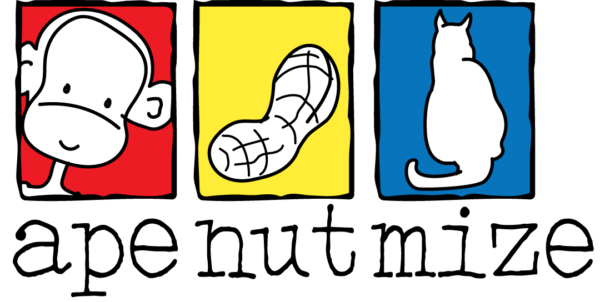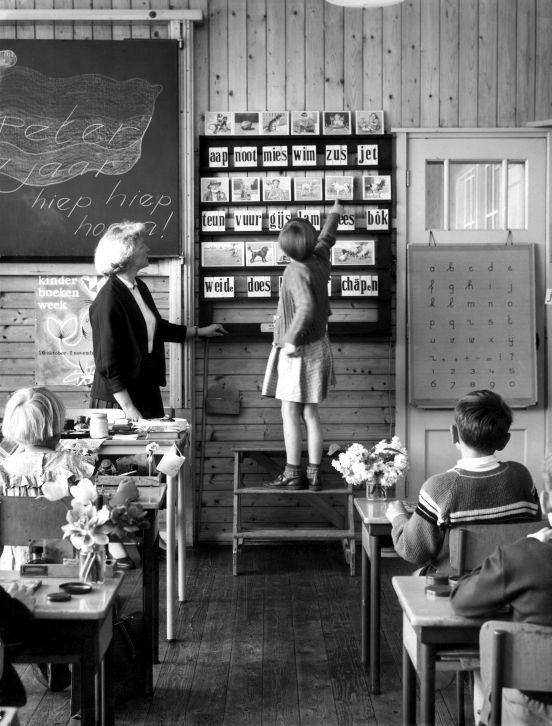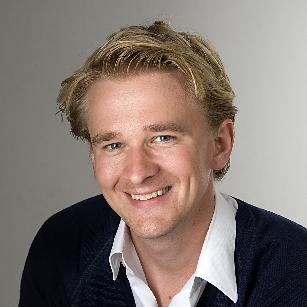This page provides the background of apenutmize and the biography of its founder, Mark Molenaar.
Education, then, beyond all other devices of human origin, is the great equalizer of the conditions of men, the balance wheel of the social machinery
Horace Mann
apenutmize
The mission of apenutmize is to make “education as the great equalizer” a reality through better use of technology: employing open strategies, open source and open standards for creating the learning ecosystems of the future. Making EdTech as simple as “aap noot mies” to best support the learners of today and the future.
Apenutmize is inspired by the famous Dutch reading board starting with the words “aap, noot, mies”, first introduced by head teacher M.B. Hoogeveen in 1897.
The wooden board was based on the “sound method” from around 1800 for learning how to read Dutch based on the actual sound of letters as pronounced as part of complete words instead of spelling letters individually. This way, children could actually see words being formed and directly know how to pronounce them correctly, making it easier to learn. The words on the board were chosen in such a way that it contained the most important letters and sounds in the Dutch language.
Many variations of the board exist, including a version for catholic schools and a localized version for the former Dutch colony of Indonesia, containing words more common to the region.
The method provided a significant improvement for learning how to read, is part of Dutch heritage and could be considered one of the first learning standards.
It’s also part of a Dutch expression, “if everything were as easy as aap, noot, mies”, indicating the desire to make learning easier and more accessible.
Biography
Mark Molenaar is a thought leader in the world of EdTech, assessment and open standards. He has almost 20 years of experience in the industry as a leader, CTO and strategist.
He has been a key member and former (co)chair of IMS committees including the Assessment Product Steering Committee (ASPC), IMS Europe Board, QTI Technical Workgroup, Standard on CAT Workgroup and Remote Proctoring Workgroup. He is currently working as an invited expert on various IMS committees and is a member of the Technical Advisory Group of the ATP/ITC committee for defining Guidelines on Technology Based Assessment (TBA).
Mark last held the position of Chief Technology Officer at Open Assessment Technologies (OAT), home of TAO: the Leading Open Source Assessment Platform for Education & Employment. He was responsible for determining long-term TAO product requirements and strategy by interacting with a broad range of stakeholders, communicating product strategy to both internal and external audiences and leading the company’s engagement with the broader Open Source community.
During his tenure, OAT grew from 20 to 100 employees and Mark made significant contributions to the closing of the second investment round, establishing TAO as the reference platform for true-to-the-standard QTI item banking solutions and winning high-profile contracts for large-scale, nationwide assessment solutions across Europe’s primary and secondary education sector.
Before joining OAT, Mark held the position of Chief Information Officer at Cito. He was responsible for Cito’s Reference Architecture, advising the Board of Directors and leading a dedicated team of enterprise architects. In the past, he has worked as a Systems Designer, Information Analyst and Software Architect at Cito’s IT Department. In this role, he has lead the development of Cito’s next generation test development and delivery systems.
He started working at Cito in 2002 as an intern to finish his studies of Computer Science at the University of Utrecht. He wrote his thesis on Item banking and Test Construction for acquiring his Master of Science degree, with a specialization in Intelligent Systems/Agent Technology.


